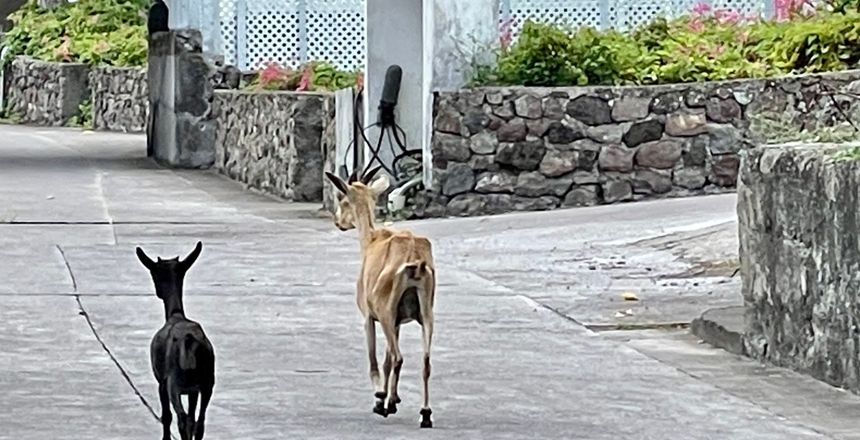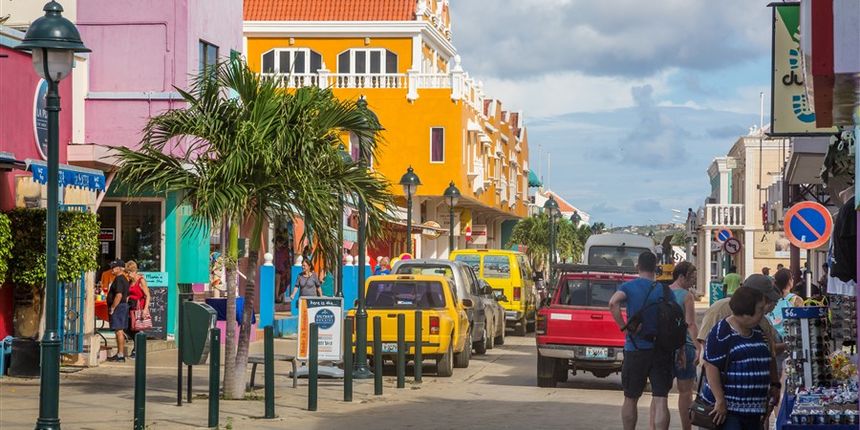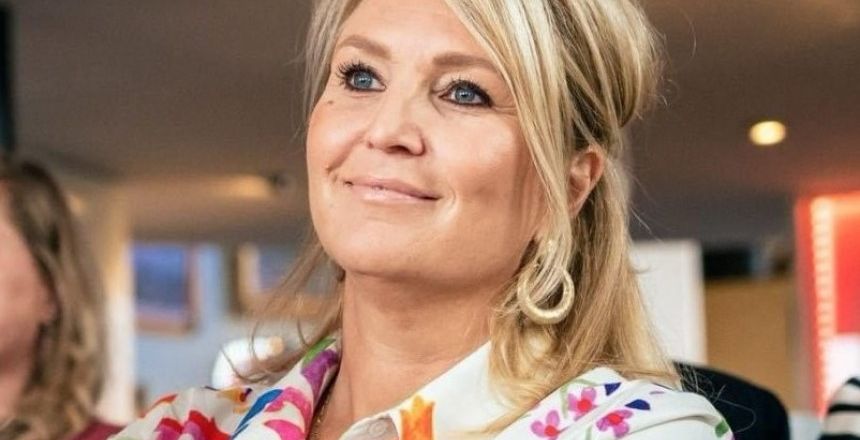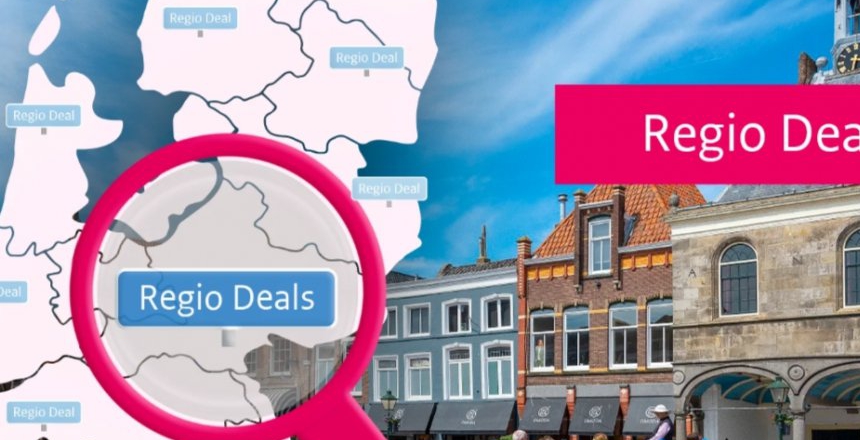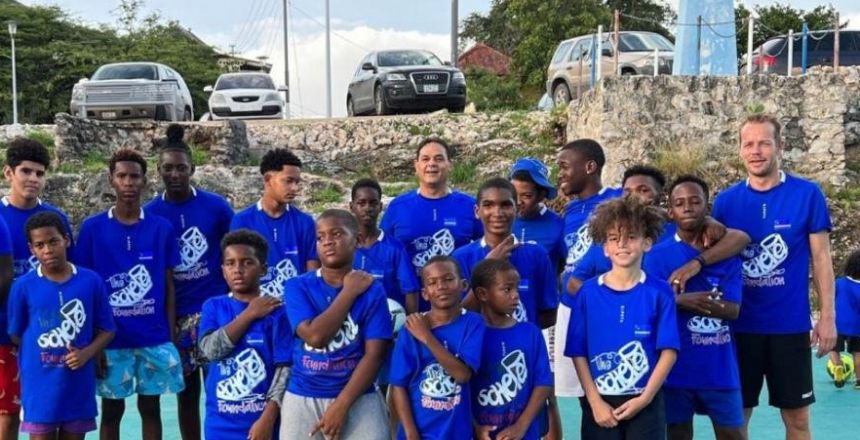Projects Social Improvement
2 min.
The islands of the Caribbean Netherlands face more than a few major challenges, ranging from economic issues arising from their respective small sizes and isolated locations to environmental problems as a result of global warming and soil erosion, just to name a few examples. One issue that has caught relatively little of the spotlight of late, but that has been worked on intensively over the past few months, is the issue of free-roaming goats on the island of Saba. This might not sound like a major problem in the grand scheme of things, but locals especially will tell you how free-roaming goats have been negatively affecting life and environment throughout the years.
That is why, in 2021, the Public Entity Saba started a project of the targeted hunting of free-roaming goats, followed by a so-called bounty period in which locals were rewarded for removing goats. After a review of these first two phases, the local government has now decided to allow for a second bounty period, aimed specifically at local hunters. In this piece, we’ll briefly detail what the project is exactly about and why it’s so important for Saba.
Goat control plans in Saba
Loose roaming goats on the island of Saba have been an increasing problem on the island of Saba. The uncontrolled goat population proves a danger to local agriculture, as the animals eat produce and destroy fences, and they are the cause of dozens of traffic accidents every year as well. Perhaps more worrying though, is the fact that free-roaming goats are causing major damage through erosion, which in turn leads to sediment run off and subsequent damage to coral reefs. Naturally, this has a very negative impact on both terrestrial and marine biodiversity, which represent an important economic and environmental resource for the island.
Between May 2021 and December 2021, the Public Entity Saba got underway with the goat control project by contracting two specialized external hunters. They removed around 1.300 goats from the island. That was followed by a first bounty period, aimed at getting local hunters involved as much as possible. Each removed goat was worth $65, which led to the removal of around 1.500 goats in the year 2022, mainly from the areas of Giles Quarter, St. John’s, and The Bottom. Local government has now decided to run a second bounty period, building on the success of the first one.
Local benefits
While it was necessary to bring in external expertise for the first phase of the project, bringing local hunters into the fold for the second phase proved to be beneficial in a number of ways.
- Local hunters could recover as much meat as possible for themselves, their families, and local communities, ensuring nothing goes to waste in the process.
- The above also means that less resources need to be spent on bringing meat onto the island from external sources. These can in turn be used to support other important aspects of life in Saba, like education and stable internet communications.
- Bounty periods have also proven to be more efficient in terms of costs and money allocation. Contrary to paying external hunters, paying local hunters means keeping the money on the island and hopefully, in the local economy.
Two initiatives to stimulate local agriculture
While the second phase of the bounty period has just started, the Public Entity Saba will also initiate two projects aimed at stimulating local agriculture, especially in areas that have suffered from the impact of free-roaming goats. The first of these projects was created to stimulate backyard farming in Saba. Over the coming months, an inventory will be made by the authorities to determine what interested farmers need to start their backyard farming activities and to overcome issues like crop damage, soil erosion, and ground water pollution. Part of this initiative consists of making fruit trees available for farmers via a broader reforestation project.
The second project focuses on local animal husbandry and fisheries, with the main goal being to reduce the costs of doing business. That can range from the reimbursement of shipping costs and certain import taxes to the financing of livestock supplies and fencing material, just to name a few examples. More details about both of these initiatives will be released soon, but we already know that one non-negotiable condition for the financial support as discussed above is that the reduced cost of production for a certain product is fairly reflected in the price of that product when sold locally.
The basis for this article was originally published on www.sabagov.com and others in December 2022.

